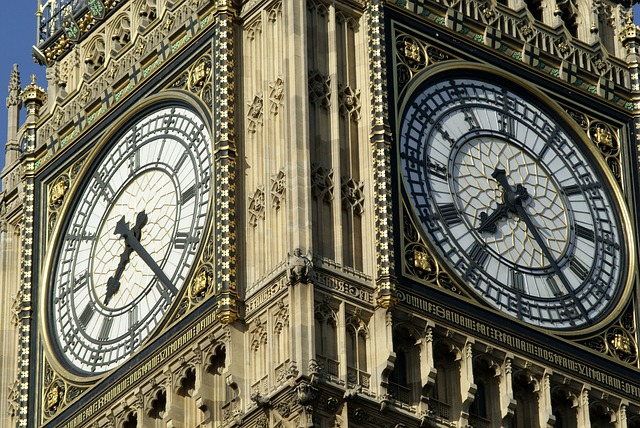Lords: Public inquiries should have clear deadlines

Public inquiries should be given a clear deadline in their terms of reference to avoid unnecessary and excessive costs, a House of Lords committee has recommended.
The Lords statutory inquiries committee has today published a report urging a major overhaul of the way public inquiries are set up and conducted across the UK.
Among its recommendations is the establishment of a new parliamentary public inquiries committee to monitor and report on the steps being taken to implement inquiry recommendations, as well as a publicly-accessible online tracker showing how, and when, inquiry recommendations have been put in place.
The report also suggests that more inquiries could be led by an expert, or panel of experts, rather than relying on a judge — and that more inquiries should be established on a non-statutory basis, at least initially, with the option of converting them into statutory inquiries if witnesses fail to co-operate.
Lord Norton of Louth, chair of the Lords statutory inquiries committee, said: “‘Lessons learned’ is an entirely vacuous phrase if lessons aren’t being learned because inquiry recommendations are ignored or delayed.
“Furthermore, it is insulting and upsetting for victims, survivors and their families who frequently hope that, from their unimaginable grief, something positive might prevail. So the monitoring and implementation of inquiry recommendations is essential.
“Additionally, public trust is lost where inquiries are unnecessarily protracted, and costs perceived to be excessive. The findings of this report aim to make inquiries as effective, cost-efficient and trusted as possible.”
Some 18 public inquiries have taken place across the UK this year.
Northern Ireland secretary Hilary Benn last week repeatedly declined to specify a timescale for the forthcoming public inquiry into the 1989 murder of Belfast solicitor Pat Finucane.






